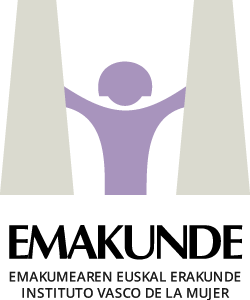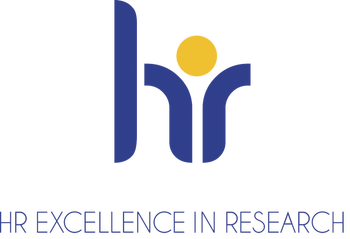Recruitment and career development policies
OVERVIEW
Our centre is committed to the principles of Open, Transparent, Merit-based (OTM-R) and equal opportunities recruitment processes, and also foster equality and diversity, and hence we endorse:
EQUALITY AND DIVERSITY

In 2017 with the support of Emakunde, the Basque Institute for Women and the methodologies they propose for this kind of initiatives, we underwent an internal analysis and reflection process to improve the policies and our organisational culture towards the Equality.
Since the methodology and framework we used is closely linked to gender equalities, some of the main actions and activities in our Plan for the period 2018-2021 are also related to that, but our scope is wider, and strive to cover all kind of potential inequalities.
More information on the specific section.
HR STRATEGY IN ACHUCARRO

During the first semester of 2013, Achucarro underwent the Internal Analysis process of the "HR Strategy for Researchers" (HRS4R) fostered by the European Commission. HRS4R is a mechanism to support the implementation of the European Charter for Researchers and the Code of Conduct for the Recruitment of Researchers (C&C).
The outcome of that process is this Internal Analysis and Action Plan (2013). As a consequent of this, in September 2013, Achucarro was awarded the "HR Excellence in Research" logo and recognition.
In 2015 we developed a self-assessment process for reviewing and following-up the implementation of the Action Plan designed in 2013 towards the continuous improvement of our talent recruitment, retention and recognition of careers. The result of that process was reflected and summarised in 2 years follow-up and self-assessment report.
After completing that self-assessment, our Action Plan focused on implementation the initiatives internally identified, and the recommendations suggested from the EC. In 2020, after a site assessment visit, we renewed the «HR Strategy for Researchers» until mid 2023.
At the end of 2023, we launched our new Action Plan, based on all the learnings and development of our organisations in this field.
Related documents:
OPEN, TRANSPARENT, MERIT-BASED RECRUITMENT
As member of the 4th cohort of organisations involved in the development of HRS4R, we have analysed, assessed and integrated the recommendations and principles of OTM-R into our internal recruitment policies.
ACHUCARRO defined the first OTM-R policy in 2016. Our procedure to reflect and to define this policy is based on the use of the Report of the Working Group of the Steering Group of Human Resources Management on Open, Transparent and Merit-based Recruitment (OTM-R) of Researchers and the checklist created by them to ensure the completeness of our analysis.
The result of this continuous review and improvement process is the current Achucarro OTM-R Policy, dated October 2023.
EUROPEAN CHARTER FOR RESEARCHERS AND THE CODE OF CONDUCT FOR THE RECRUITMENT OF RESEARCHERS

The European Commission adopted the European Researchers' Charter and the Code of Conduct for Researcher Recruitment, drafting two documents aimed at researchers as well as employers and providers of public and private sector funding. Both documents have become key elements of European Union policy, making research an attractive career and stimulating economic growth and employment in Europe.
Specifically, the European Charter for Researchers outlines the functions, responsibilities and rights of investigators and their employers. The aim is to ensure that the relation between these parties contributes to successful performance in the generation, transfer and shared use of knowledge, as well as the professional development of researchers from the early stages.
Moreover, the Code of Conduct for the hiring of researchers was drawn up to improve enrolment, so that selection procedures are fair and transparent. The researcher’s merit should be measured not only by the number of publications, but also by a wider range of evaluation criteria such as education and teaching, supervision, teamwork, knowledge transfer, management and public awareness-raising activities.
To help accommodate the research institutions to the Charter and Code principles, the Commission set out a procedure through which those institutions interested in including them, could design their own Human Resources (HR) Strategy.

